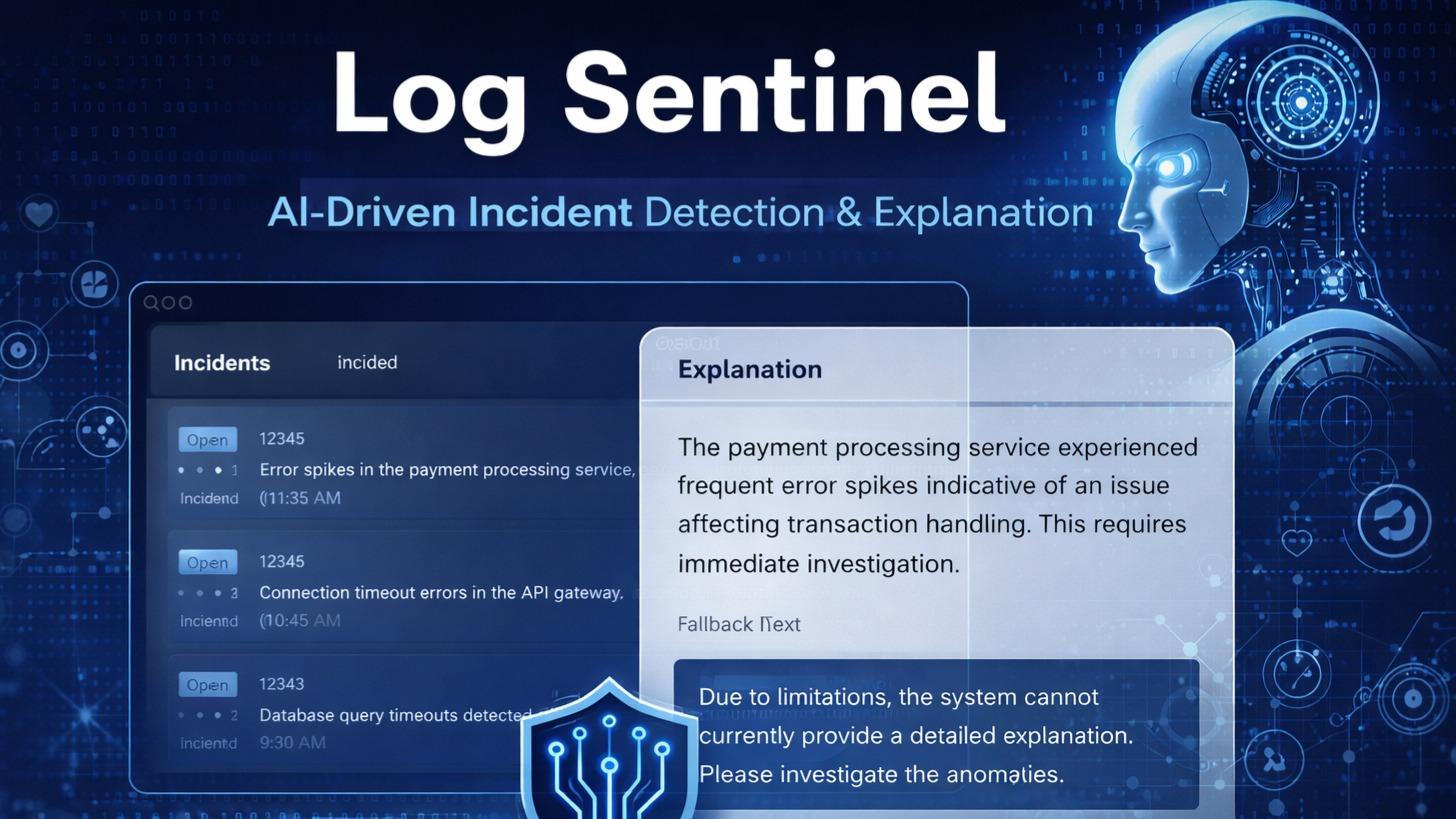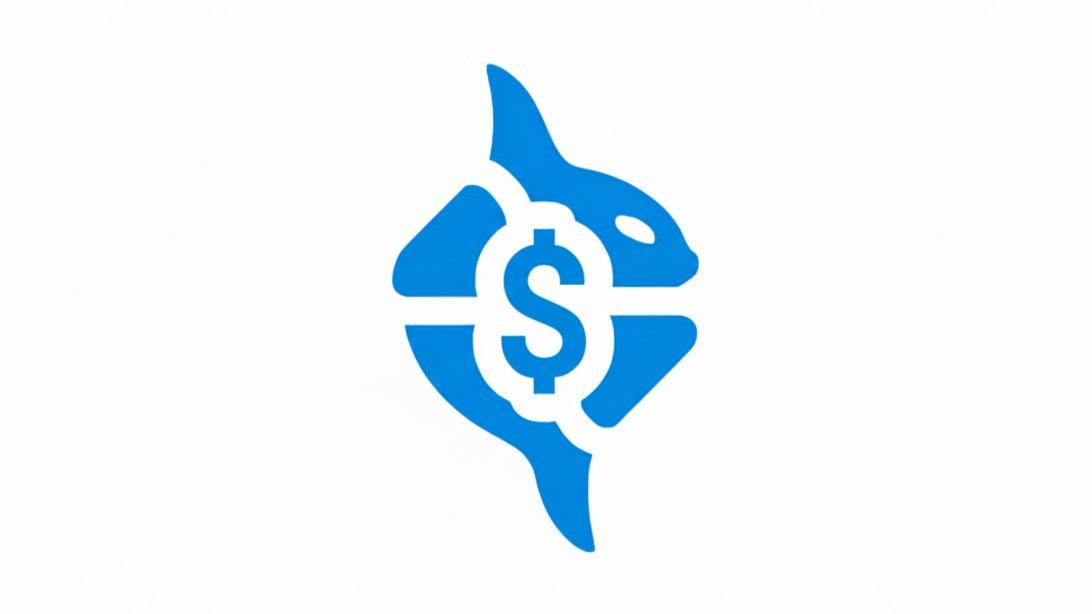Top Builders
Explore the top contributors showcasing the highest number of app submissions within our community.
Mistral AI
Mistral AI develops a wide spectrum of AI models and services, enabling developers, researchers, and businesses to build, deploy, and fine-tune large language and multimodal models.
The company focuses on open weights, reasoning capability, multimodality, and enterprise-grade features such as long context windows, domain-specific deployments, and fine-tuning options.
| General | |
|---|---|
| Founded | 2023 (Paris, France) |
| Founders | Arthur Mensch, Guillaume Lample, Timothée Lacroix |
| Valuation | ~€14 billion (Series C, September 2025) |
| Investors | ASML (largest shareholder), Microsoft, CMA CGM, others |
| Type | Large language and multimodal models |
Mistral Models
Mistral divides its lineup into open models (weights freely available) and premier models (API-first, enterprise-grade).
Here are the most important families:
- Mistral 7B – Compact, open-weight dense model for efficient deployment.
- Mixtral 8×7B / 8×22B – Sparse mixture-of-experts models balancing performance and cost.
- Mistral NeMo 12B – Strong open-weight model for multilingual and reasoning tasks.
- Codestral – Code-oriented models for software engineering and developer tools.
- Pixtral – Multimodal family supporting text + image inputs (e.g. Pixtral-12B, Pixtral Large).
- Magistral – Reasoning-focused models; Magistral Small (open-weight) and Magistral Medium (enterprise).
- Mistral Medium 3 / 3.1 – Premier multimodal models with ~131K context length, enterprise-grade APIs.
- Mistral Large / Large 2 (123B) – Very large dense models with long context, available via API.
- Specialized Models – OCR models (e.g. mistral-ocr-2503), embeddings, moderation, and speech (Voxtral).
La Plateforme
Mistral provides its own developer and enterprise platform, called La Plateforme, where you can:
-
Access Premier Models via API
-
Manage fine-tuning (LoRA adapters, serverless training)
-
Handle billing, versioning, and deployments
-
Explore model catalogs and track deprecations
Mistral AI - Boilerplates
Get started quickly with open-weight or API integrations:
- Mistral 7B Inference Example Run inference on the base 7B model
- Mixtral Example Sparse MoE demo
- Codestral Demo Code generation examples
Mistral AI - Tutorials
Learn how to build with Mistral’s models:
- Using La Plateforme API Guide for enterprise API usage
- Deploying Mistral on Azure AI Foundry Integration with Microsoft services
- Working with Pixtral Multimodal workflows with text + images
Mistral AI
Most important links to explore Mistral’s ecosystem:
Mistral AI AI technology page Hackathon projects
Discover innovative solutions crafted with Mistral AI AI technology page, developed by our community members during our engaging hackathons.


.png&w=3840&q=75)
.png&w=3840&q=75)

